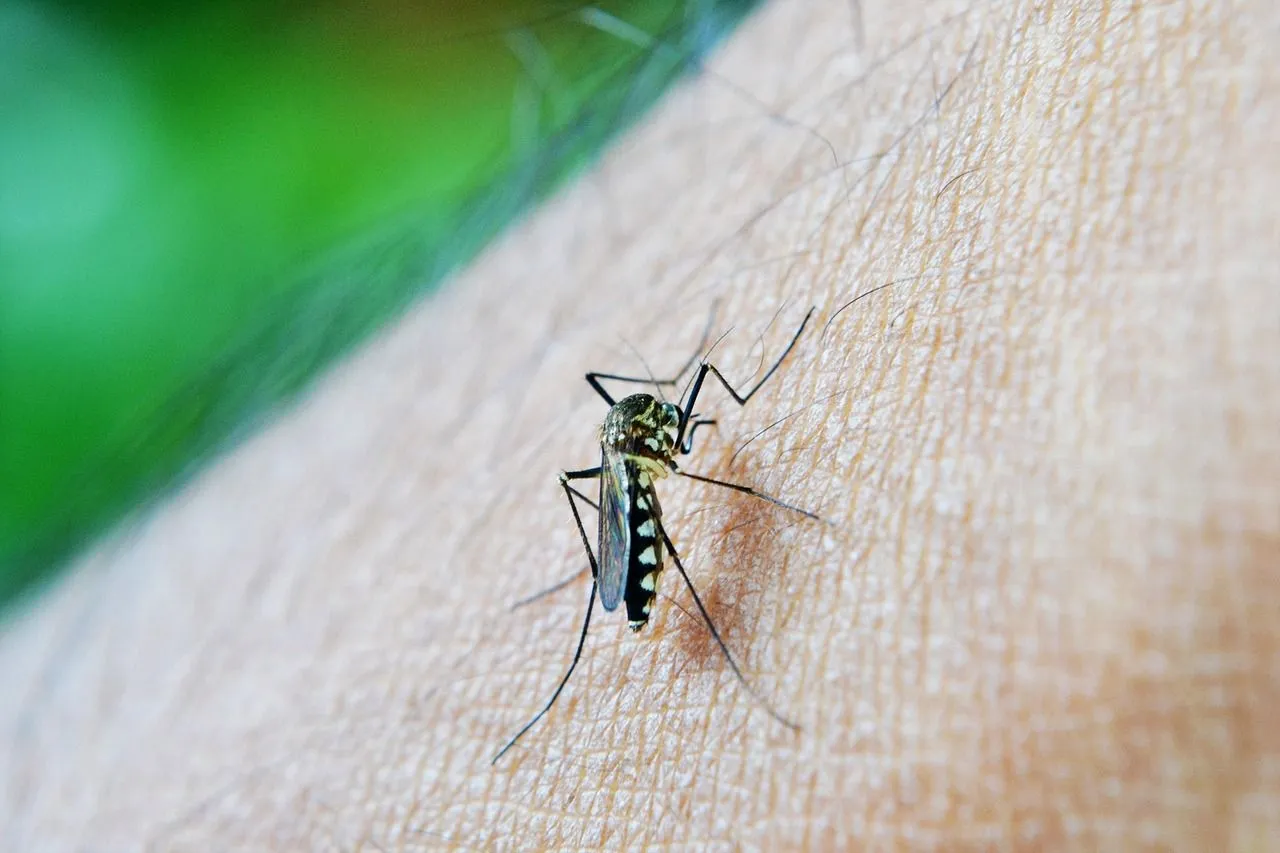Follow us on Google News (click on ☆)
A recent study on mice might provide some unexpected insights. It highlights differences within the immune system that could explain these variations.

Illustrative image Pixabay
The sensory neurons, which are abundant in the skin, play a crucial role in detecting environmental changes. When a person encounters a potential allergen, these neurons react and trigger an itching sensation. Simultaneously, they activate neighboring immune cells responsible for inflammation.
Repeated exposure to an allergen can lead to chronic allergic inflammation, altering the affected tissues and nerve sensitivity. The involved immune cells can thus make the nerves more or less reactive.
To better understand this phenomenon, a team of researchers exposed mice to an itch-inducing chemical. Some mice, lacking certain types of immune cells, did not scratch at all after exposure. These missing cells, called GD3 cells, were found to be essential in the sensory nerve response.
In the lab, researchers released cytokines, signaling molecules, from these GD3 cells. When normal mice were injected with this mixture, their scratching reaction to allergens, such as mosquito saliva, was amplified.
A unique factor was identified in the GD3 cell secretions: interleukin 3 (IL-3). Only certain sensory neurons responded to IL-3, increasing their propensity to trigger itching. Removing IL-3 or its receptors prevented the mice from mounting an allergic response.
This mechanism, where IL-3 seems to "prime" the neurons to react, could offer new avenues for treating chronic itch disorders. However, further research is needed to validate these results in humans. Human immune cells might react differently, but the finding is still promising.
This study paves the way for a better understanding of allergies and could eventually allow us to predict allergic reactions or even prevent them.
What is interleukin 3 (IL-3)?
Interleukin 3 (IL-3) is a cytokine, a signaling protein released by certain immune system cells to orchestrate immune responses. It is primarily produced by activated T cells and plays a crucial role in regulating the growth and differentiation of hematopoietic cells, which give rise to blood cells.
In addition to its role in blood cell production, IL-3 influences the inflammatory response. It acts on immune cells like mast cells, increasing their activity and proliferation. This can enhance allergic and inflammatory reactions, notably by increasing the sensitivity of sensory neurons to allergens, which can lead to increased itching following an insect bite or allergenic exposure.
Studying IL-3 and its effects on neurons could open new pathways for treating allergies and chronic itch-related disorders.